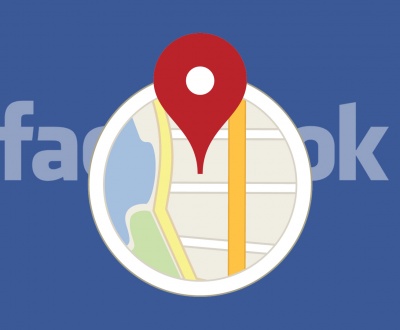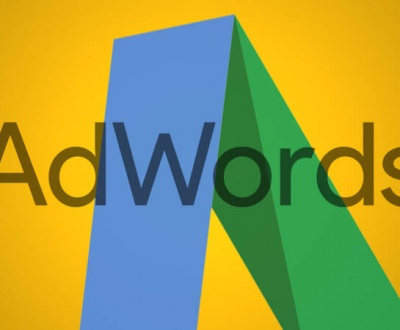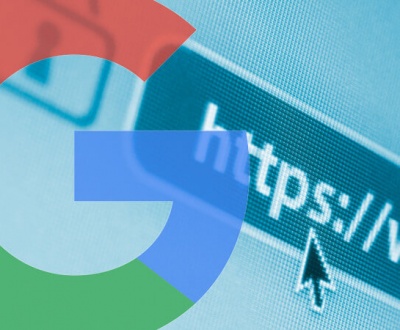Does the Biggest Search Engine Have Their own Problems?
- 12th November 2013
- Media Coverage
SEO professionals have many fears when it comes to anticipating Google’s next change. While Google seems immortal, the company has hinted at several weaknesses and fears. On top of the list is a lack of revenue diversity. That may sound pretty odd since Google is the brainchild of Chrome, Android, Motorola Mobile, flying WiFi, and self-driving cars. The vast majority of the search engine’s revenue is spent on advertising, while Motorola and other assets are just a small piece of the puzzle.
Motorola Mobile surprisingly operated at a loss, in the third quarter this year. Profitability has been a real concern. While AdWords and AdSense have been lucrative, they will continue to be so only as long as demand remains high. Also, for eight quarters straight, the average cost-per-click has fallen. This has been offset as Google has increased overall impressions and enhanced its advertising tools to increase the click-through-rates. A problematic trend, this is being driven by others in the industry.
Mobility vs Google
The lower cost of mobile ads has driven down cost-per-clicks. Mobile devices have proliferated and continue to do so. “Enhancement Campaigns” now prevent advertisers from launching separate mobile ads. Regardless, consumers still use mobile phones and tablets in the same way. Traditional search advertising is therefore less effective than it used to be.
The lack of space for ads is a factor too. On an iOS7 iPhone, for example, fewer ads are visible than on a desktop. Hybrid devices with bigger screens and better resolutions may offer a respite, but even that is not predictable due to the uniqueness of the mobile market. Smartphone-driven web traffic has led to Google being more experimental. Google Glass is an example. Consumer behavior has changed considerably and interactions with advertising are unpredictable for the future.
More Fears
Most of Google’s core revenue drivers have gone up each quarter since the beginning of 2011. Its market share is quite large and it is a mature business. Thinking its growth will continue endlessly is not realistic, but investors continue to bank on it. What could start to undo the success is a failure to meet expectations or the success of a rival such as Bing.
Facebook is increasingly being viewed as a competitor. While people don’t typically stay on Google for long, they do on Facebook. Google’s model is not a traditional one in terms of advertising; increasing pageviews and time spent on the site are not priorities. Google+ is an somewhat of an answer as are local searches linking to more search results. The Knowledge Graph incorporates data from third-party sites, right on the search page.
The issue is as Google aims to be faster and better, people find their answers quicker and move on. Having most of its revenue dedicated to advertising doesn’t help either. Government regulation may also be a hurdle because advertising is its main revenue medium. Continuous changes to its advertising model could conflict with U.S. or EU regulations.
Is Google Doomed to Fail?
The future of Google can go many ways. It might continue to dominate, but any business relying on it will likely fail. The rules are constantly changing; outsiders simply can’t control whether it eventually fails or makes changes which alter the rules completely. As always, it’s best not to focus on one marketing strategy.
About us and this blog
We are a digital marketing company with a focus on helping our customers achieve great results across several key areas.
Request a free quote
We offer professional SEO services that help websites increase their organic search score drastically in order to compete for the highest rankings even when it comes to highly competitive keywords.
Subscribe to our newsletter!
Recent Posts
- Facebook adds new tools for local discovery and commerce 19th October 2016
- So we have 45 more characters in AdWords text ads… Now what? 8th August 2016
- How Pokemon Go Is Driving Insane Amounts of Sales at Small, Local Businesses 11th July 2016









